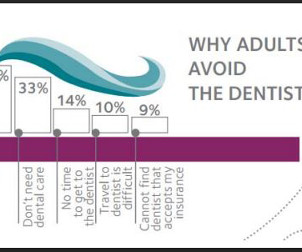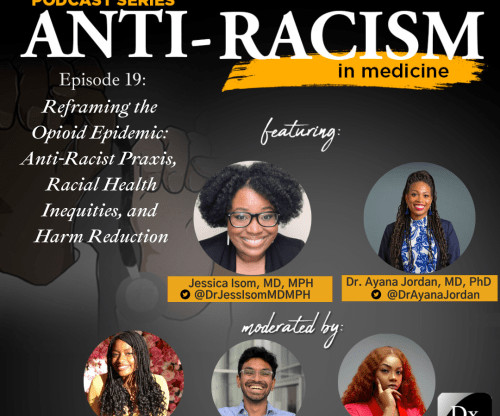Episode 148: Antiracism in Medicine Series Episode 4 – Dismantling Race-Based Medicine Part 2: Clinical Perspectives
The Clinical Problem Solvers
DECEMBER 16, 2020
Our guests explain how we can incorporate race-conscious medicine in clinical settings, medical education, and biomedical/epidemiological research to responsibly recognize and address the harms of racial inequality. education, income, number of previous hospitalizations) that also lead to clinical outcomes, not only race-based stratification.


















Let's personalize your content